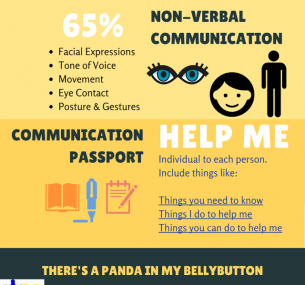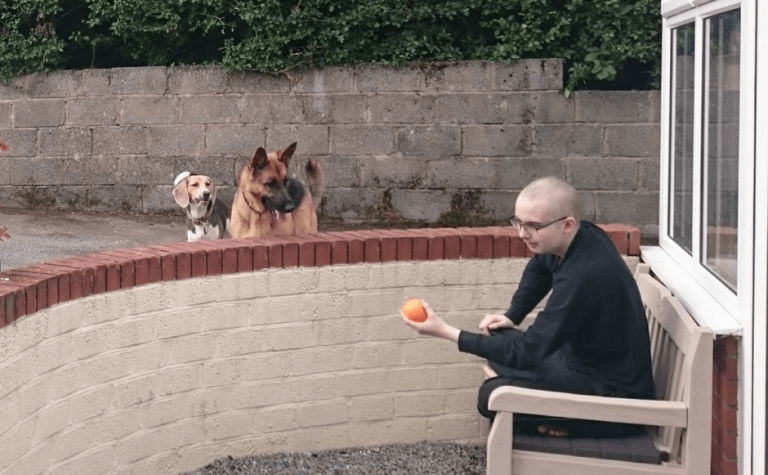Additional Needs
Obviously, this isn’t always going to work. We had one instance where an individual had not read the information and was not aware of Ryan’s complex needs, this resulted in a difficult confrontation with Ryan and ultimately myself, that could have easily been avoided. Ryan finds it difficult to communicate even with me and uses Whatsapp as a tool to ‘talk’ to me. He finds it easier to type a message to me. It works for us and I then screenshot if need be to feedback to the doctors, things that Ryan wants them to know, or to ask. I had plans and ideas to create a much needed Autism Advisory Initiative, working closely with hospitals through the LATCH Welsh Children’s Cancer Charity to provide support and training to staff that have to deal with a myriad of additional needs. However, my own mental health has proved not to be strong enough at this stage to move forward with my ideas. If anyone would like to take it on, please do get in contact and I can liaise with you on what we envisage and have so far achieved. If you or a loved one has had to spend time in the hospital and have found it difficult to receive appropriate support due to having additional needs that were not met appropriately we would also like to hear from you too.
This article was reproduced by with permission from author, [Sarah] and was originally published at: bellybuttonpanda.co.uk 12.04.18
